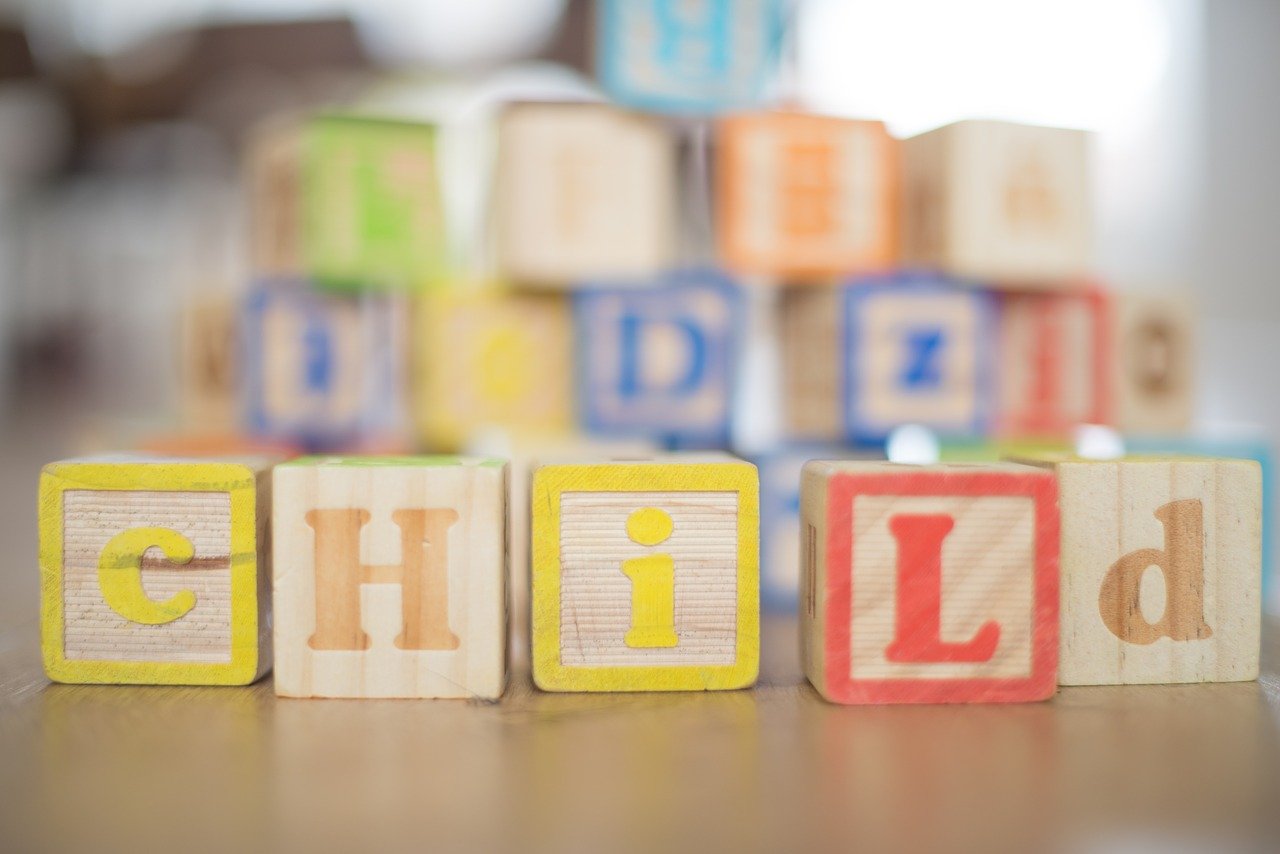Early childhood education benefits all members of society, as this blog has previously pointed out. Even those who do not have children of their own can benefit from living in a world where young people receive an education early in life. Raising awareness about the reasons why everyone should support early childhood education is key to expanding access to it. That said, it’s also important not to overlook the ways in which children themselves benefit from early childhood education programs. The following are some noteworthy examples.
Benefits in Adulthood
Many people naturally assume that early childhood education programs exist to provide young children with academic advantages once they start school.
However, research indicates that the benefits enjoyed by children who participate in these programs may have less to do with their performance in preschool and more to do with their overall success as they grow into adulthood. Quite simply, research shows that children who participate in early childhood education programs are more likely than others to graduate from high school, avoid being arrested, and sidestep substance abuse problems. These findings suggest that a few years of preschool early in life can yield profound benefits that follow children into adulthood. Once again, these benefits impact everyone. Fewer arrests means less crime in society.
Easier Transition into Elementary School
The experience of going to elementary school for the first time can naturally prove challenging for a child. For the first few years of their lives, children are exposed to various situations and circumstances based on the way in which their parents raise them. Then suddenly they are asked to go to elementary school, where they need to socialize, cooperate with others, complete homework, listen to their teachers, and adjust to all the new experiences that come with starting school.
Experts point out that children who are involved in early childhood education programs are often better equipped than their peers to adjust to these changes. Since they already have experience in attending classes and socializing with other children, elementary school doesn’t feel as new to them as it does to others. This allows for a smooth transition. That’s key to performing strongly during the essential first few years of school. It’s worth noting that the ability to transition easily into elementary school also enables teachers to provide all of their students with a high-quality education. The less time that they need to spend helping their students to adjust to school, the more time they have to dedicate to delivering engaging lessons.
A Foundation for Future Learning
A passion for learning is crucial to one’s success in life. This is true regardless of one’s age. Adults who maintain a passion for learning are also more likely than their coworkers to develop skills that will help them to advance in their careers. Thus, it’s important to encourage children to develop a passion for learning early in life. The sooner that they realize that learning can indeed be rewarding, the better the odds will be that they will naturally pursue learning opportunities as they grow older.
Greater Confidence
Confidence in one’s own abilities may be as essential to future success as a passion for learning. It’s easy to understand why. People who lack confidence may not feel comfortable pursuing their goals if they don’t feel that they have the necessary skills to succeed. On the other hand, someone with a sufficient degree of confidence will be willing to take calculated risks. As a result, they will be able to achieve more than their less adventurous peers.
This is another reason why early childhood education programs are valuable. Research consistently indicates that children who participate in these programs often demonstrate greater confidence than other students when they begin elementary school. Their early experiences have simply provided them with the tools they need to succeed, whereas others may struggle. This confidence can benefit them academically, socially, and—later in life—professionally.
Early Emotional Experiences
While education is crucial, it isn’t always a pleasant experience for some students. There are many reasons why students sometimes dislike school. A challenging assignment or subject can prove difficult enough to cause a child to experience genuine emotional struggles.
This is natural. To some degree, it may also be unavoidable. Few children who end up graduating from high school relish every single moment that they spend in the classroom or at home doing homework. However, those who attend preschool must tackle academic challenges earlier than others. As a result, they have the ability to navigate future obstacles more effectively.
Parents should keep these points in mind if they have children. While early childhood education programs provide a number of benefits to society, they are particularly beneficial in terms of helping children to succeed throughout their lives.




